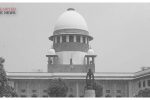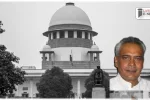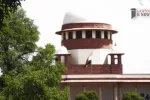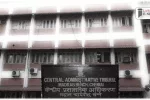Delhi High Court Rejects Annulment Petition on Grounds of Fraud and Limitation
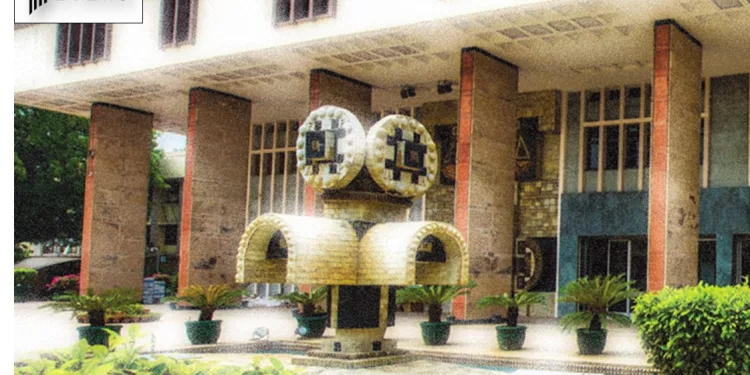
New Delhi, August 18, 2023 – In a significant ruling, the Delhi High Court has rejected an annulment petition seeking to dissolve a marriage on grounds of fraud. The judgement was delivered by a bench comprising of Hon’ble Justice Suresh Kumar Kait and Hon’ble Justice Neena Bansal Krishna on August 18, 2023.
The case involved an appellant seeking to annul a marriage under Section 12(1)(c) of the Hindu Marriage Act, 1955, citing allegations of force and fraud as to the nature of the ceremony or material facts concerning the respondent. The alleged instances included the appellant’s demand for dowry and his failure to complete VISA formalities after the marriage, coupled with claims of misrepresentation about relocation to New Zealand.
In a meticulously reasoned judgement, Justice Neena Bansal Krishna highlighted the importance of distinguishing between “fraud” as defined in the Indian Contract Act, 1872, and the specific requirements for fraud under Section 12(1)(c) of the Hindu Marriage Act. The Court emphasized that not every misrepresentation or concealment constitutes “fraud” in the context of marriage, stressing that it must relate to material facts or circumstances concerning the respondent.
Furthermore, the judgement analyzed the issue of limitation in the context of the annulment petition. The Court found that the alleged fraud was known to the respondent since the very initiation of the marriage, and the petition was filed after a period of 25 months, exceeding the one-year limitation prescribed by Section 12(2)(a) of the Act.
The bench’s observation in the judgement highlighted the Court’s commitment to judiciously apply the provisions of the Code of Civil Procedure, including Order VII Rule 11, to expedite the disposal of petitions and discard frivolous litigation at the outset. The Court underscored the need to prevent unnecessary delays and protracted legal battles, ultimately contributing to a more effective and just judicial system.
Quoting the judgement, Justice Neena Bansal Krishna stated, “Scrupulous adherence to provisions of CPC… can curtail litigation like the present one, which aside from clogging the litigation that could have been nipped in the initial stage itself, also keeps the parties embroiled in litigation with a false hope of some relief, which is never to come their way.”
The Court’s decision to reject the annulment petition was founded on the grounds that the allegations failed to establish a cause of action under Section 12(1)(c) of the Act and were barred by limitation. The application under Order VII Rule 11 CPC was allowed, and the appeal was consequently allowed with pending applications being disposed of.
This judgement reinforces the need for due diligence in assessing the grounds for annulment and highlights the court’s commitment to timely and just adjudication.
Date of Decision: August 18, 2023
ASSEM AGGARWAL vs ASHI KUMAR
